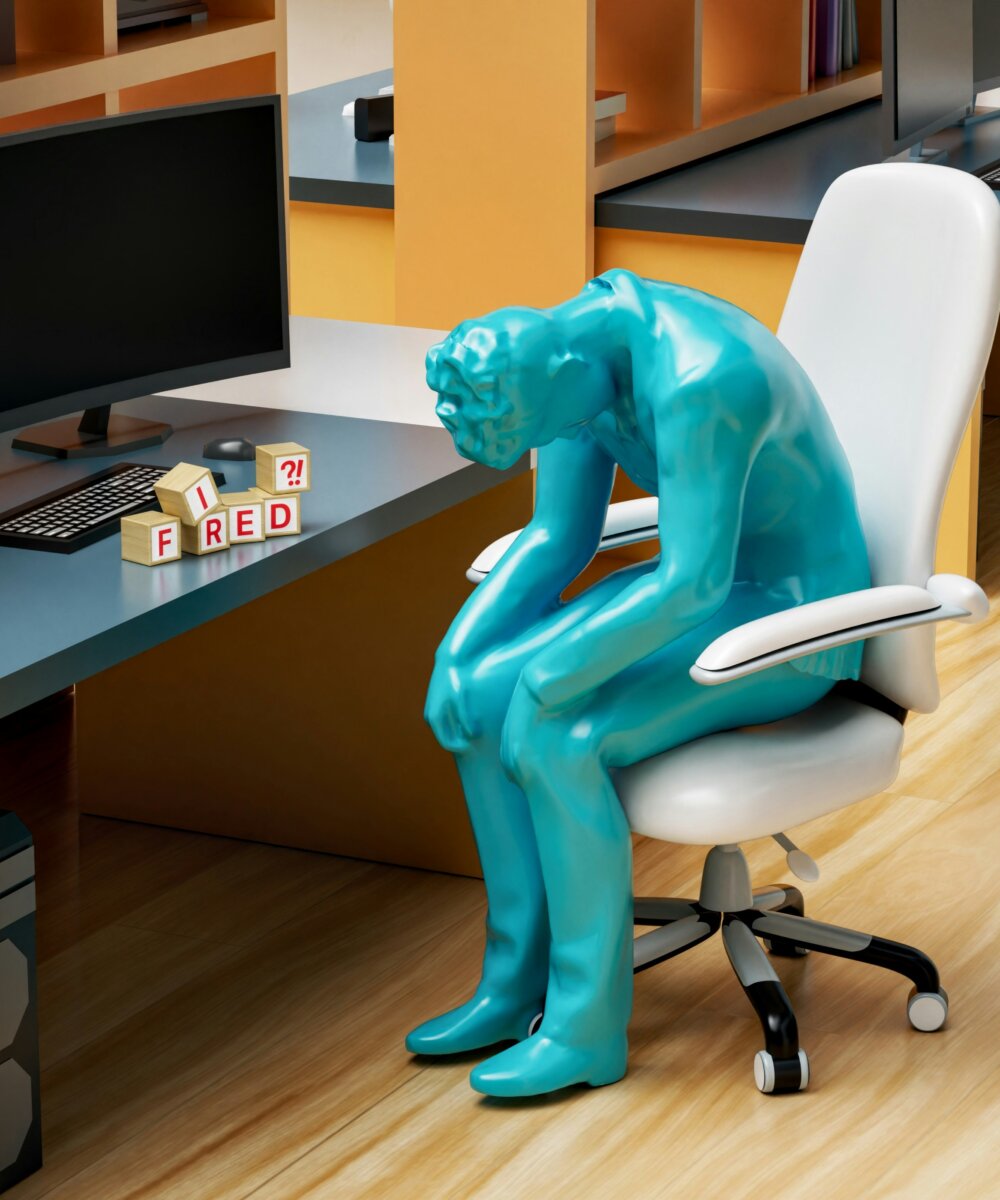Termination after a WC accident:
You may have work restrictions after an accident on-the-job. Doctors give patients “work restrictions” to prevent additional injury. If your employer cannot accommodate those restrictions, the carrier must start to pay weekly benefits after 14 days. (TTD) If they can provide suitable work, then a claimant must accept light duty work. So what happens when a light duty is offered and then the Claimant is fired?
There are two different scenarios, both fact dependent we see play out in these circumstances. The first occurs when the Commission determines the Claimant’s termination was “for cause.” In Pollack v. Southern Wine, the Claimant was on light duty when he had an accident driving a van and failed to report it. https://law.justia.com/cases/south-carolina/supreme-court/2013/27285.html The Claimant would later testify he knew that this was an offense that warranted termination under company guidelines. He also admitted he was accommodated before he was terminated. The Supreme Court found in these circumstances TTD was not due. The Court stated finding any other way would lead to the preposterous conclusion that employers could not fire a claimant on light duty without causing TTD benefits to start.
Conversely, in Davis v. Unihealth, the Supreme Court found a claimant did not “constructively refuse” work. In Davis, the claimant was fired for sleeping on the job for 25 seconds. https://law.justia.com/cases/south-carolina/court-of-appeals/2013/5098.html . While the Court did not specifically say, it is clear they did not believe her termination was warranted. In fact, they justified her sleeping, noting she was prescribed a muscle relaxer and testified she had gotten very little sleep due in part to back pain.
If you are fired while under a doctor’s restrictions after an on-the-job accident, you need to consult an attorney to know what right you have to weekly benefits. https://www.kphippslaw.com/how-can-you-start-receiving-weekly-benefits-after-being-injured-on-the-job/
